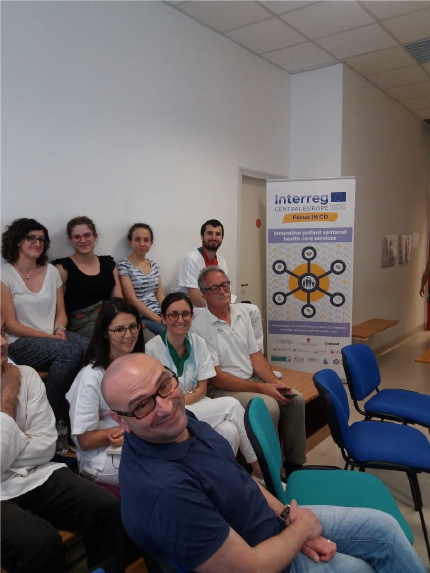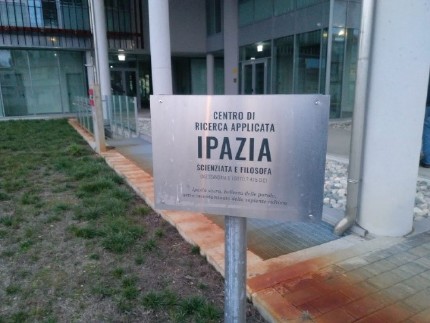Detecting and managing CD patient within a cohort of super allergic population
University of Trieste - PP5 - UNITS
Some reports suggest that patients with celiac disease have an increased frequency of allergic manifestations compared to general population.
Celiac disease (CD) is a systemic gluten-dependent autoimmune disease often occurring in association with other autoimmune disorders.
The relationship between celiac disease and allergy is still unclear, but some reports suggest that patients with celiac disease have an increased frequency of allergic manifestations compared to general population. We have preliminary data confirming that super allergic patients have an increase frequency of celiac disease.
One factor that might trigger allergies in celiac patients is abnormal intestinal permeability which increases the flow of dietary antigenic protein, predisposing the mucosal immune system toward an atopic condition. Moreover, CD and allergy might share a similar predisposing genetic background.
The aim of this study is to evaluate the prevalence of celiac disease in children with very severe food allergy.
- We have finally defined a working group composed by:
- Allergy Department and Immuno-diagnostic Department
- FVG region GRAP (Paediatric allergologists working group)
- Novara, IPAZIA Center for the study of autoimmune disorders.
We have enrolled 75 subjects with severe food allergy and identified 4 subjects with celiac disease. As controls we enrolled 50 children with moderate food allergy who spontaneously acquired food tolerance and none tested positive for celiac disease serological markers.
Project and Results were presented at 2 meetings: in February 2018 in Novara “FOCUS IN CD dissemination” took place, where the Stakeholder meeting was attended by Biologist and Doctors that are member of the research centre for autoimmunity in Novara. The pilot project related to the detection of CD in super allergic population was presented and described. Collaborations for sample and other material exchange were established. A visit to the new IPAZIA research building have also took place. The second meeting was organized in Trieste in May 2018.
This time the meeting was organized as a training event for young paediatricians, nutritionists, food technologists and researcher.


